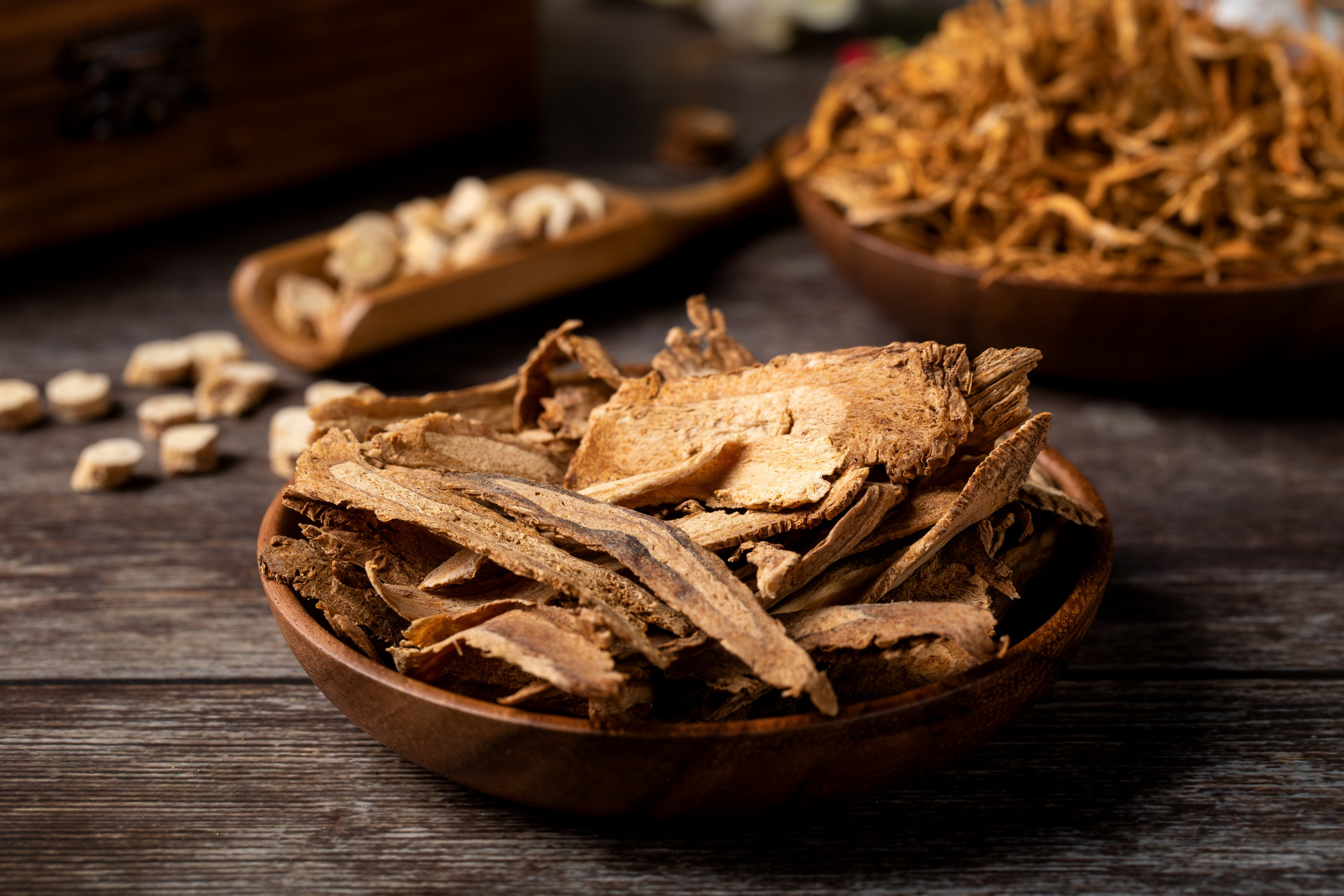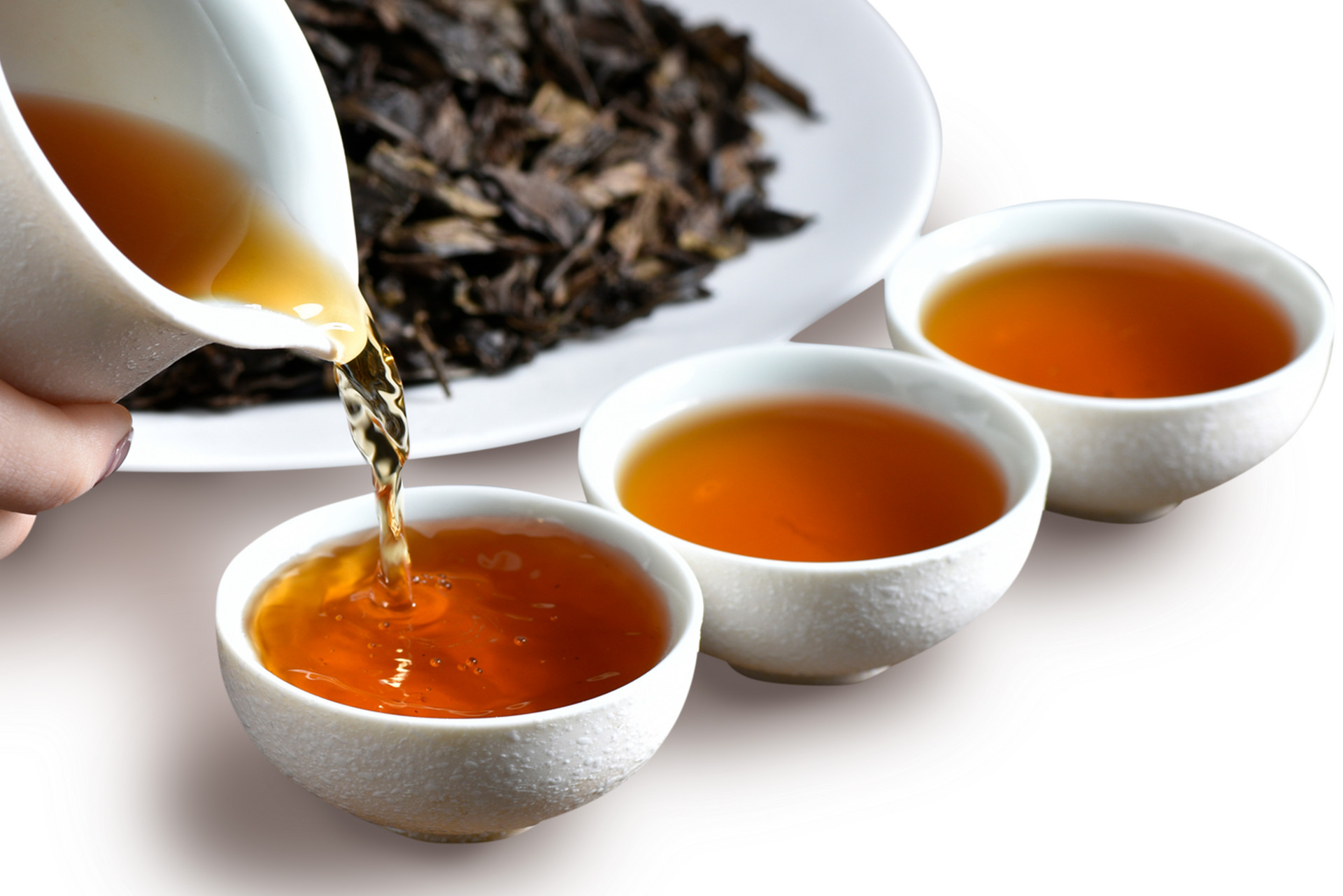- Home /
- TCM Health /
- Contents
The efficacy and effects of cinnabar
Everyone Is Watching
-
 Sulfur and Cinnabar Moxibustion Therapy: Ancient Chinese Folk Medicine for Treating Diseases
Sulfur and Cinnabar Moxibustion Therapy: Ancient Chinese Folk Medicine for Treating DiseasesSulfur and Cinnabar Moxibustion Therapy is a method of using processed sulfur and cinnabar to be ignited and applied on acupoints to treat diseases. It is also known as Incense Moxibustion Therapy. Th
February 18, 2024 -
 Unveiling the Toxicity of Cinnabar: Is It Harmful or Beneficial?
Unveiling the Toxicity of Cinnabar: Is It Harmful or Beneficial?The use of cinnabar is extensive, and it was widely used in ancient times. It not only has the ability to ward off evil spirits, but it can also be used to make pigments. Although cinnabar has hi
January 12, 2024 -
 The Healing Power of Cinnabar Wine
The Healing Power of Cinnabar WineThe Benefits of Drinking Cinnabar Wine Cinnabar is a type of mineral containing sulfide compounds. When consumed as a traditional Chinese medicine, it has sedative and hypnotic effect
December 26, 2023 -
 The Toxicity and Contradictions of Cinnabar in Traditional Chinese Medicine
The Toxicity and Contradictions of Cinnabar in Traditional Chinese MedicineCinnabar, a sulfide mineral of the cinnabar family, is the main component of vermilion. It is mainly composed of mercury sulfide, with traces of realgar and calcium phosphate. It has a sweet taste, a
December 8, 2023 -
 Massaging Zhaohai: Benefits, Techniques, and Precautions
Massaging Zhaohai: Benefits, Techniques, and PrecautionsZhaohai is one of the commonly used acupoints of the Foot Shaoyin Kidney Meridian. It is referred to as "Leakage Yin" in the ancient Chinese medical book "Emergency Formulas Worth a Thousand Pieces
November 23, 2023

Hot Picks
-
 1Chestnuts and Breastfeeding: What You Need to Know
1Chestnuts and Breastfeeding: What You Need to KnowChestnuts contain amino acids, vitamins, and other nutrients, making them highly nutritious. They also have cough suppressant and diuretic properties. Can breastfeeding mothers eat chestnuts? What s
November 23, 2023 -
 2How Many Baiguo Can Cause Poisoning and How to Safely Consume it
2How Many Baiguo Can Cause Poisoning and How to Safely Consume itBaiguo, also known as ginkgo fruit, contains various nutrients and can be both consumed as food and used in medicine. It has the effects of nourishing the lungs and relieving cough. However, poisoni
November 23, 2023 -
 3Massage Therapy: An Effective Treatment for Lumbar Sprains
3Massage Therapy: An Effective Treatment for Lumbar SprainsLumbar sprains often occur in the lumbar sacral region, sacroiliac joint, and bilateral sacral spinous muscles. When the lower back is exerted too forcefully or twisted excessively, or when there is
November 22, 2023 -
 4Using Massage Therapy to Alleviate Fever Caused by Startling in Babies
4Using Massage Therapy to Alleviate Fever Caused by Startling in BabiesPediatric fever is a common condition, which can be a standalone disease or caused by various illnesses. Some babies may even experience fever as a result of being startled. Many parents prefer to use
November 20, 2023 -
 5Massage Techniques for Mumps: Relieving Swelling and Pain
5Massage Techniques for Mumps: Relieving Swelling and PainMumps is an acute infectious disease caused by external pathogenic wind-heat toxins, which block the Shaoyang meridian and accumulate in the cheeks. Its clinical features include fever and diffuse s
November 20, 2023

